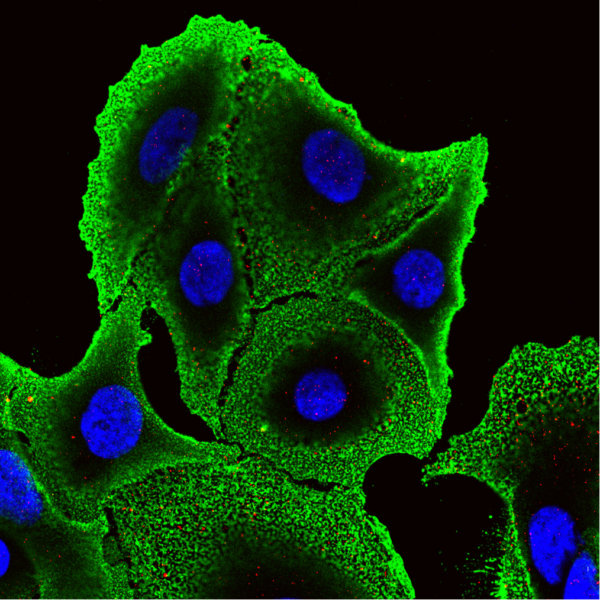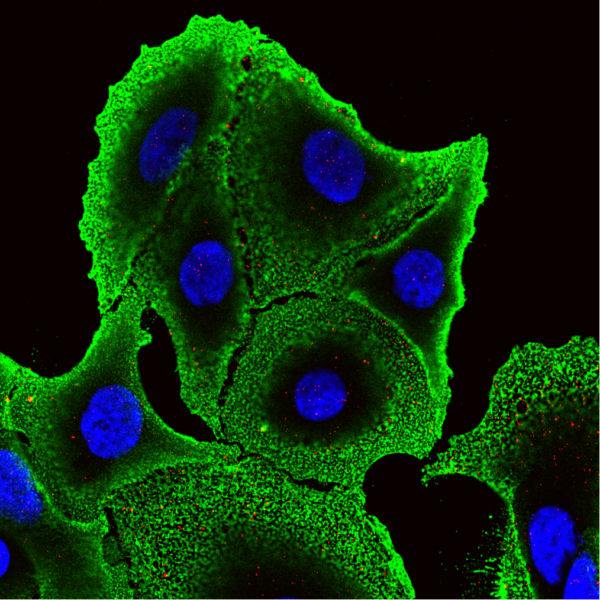In an article published in November 2020, the National Cancer Institute explained that cases in colorectal cancer are quickly increasing in young adults. This rise in cases is attributed to dietary factors such as increased consumption of sugary beverages, higher quantities of processed foods, and red meats being staples in the diets of young people.
Unfortunately, many of these patients suffering from colorectal cancer have cancer cells that survive the initial chemotherapy treatments. But, what if treatments could target the weaknesses of colorectal cancer cells?
Announced August 3 from Vanderbilt University’s news desk—researchers may have uncovered such a means of doing precisely this!
READ MORE FROM VANDERBILT UNIVERSITY’S RESEARCH SNAPSHOT: https://news.vanderbilt.edu/2021/08/03/research-snapshot-discovery-points-to-new-avenues-to-kill-aggressive-cancer-cells/?utm_source=research_email&utm_medium=research_email&utm_campaign=research_email_2021-08-05









